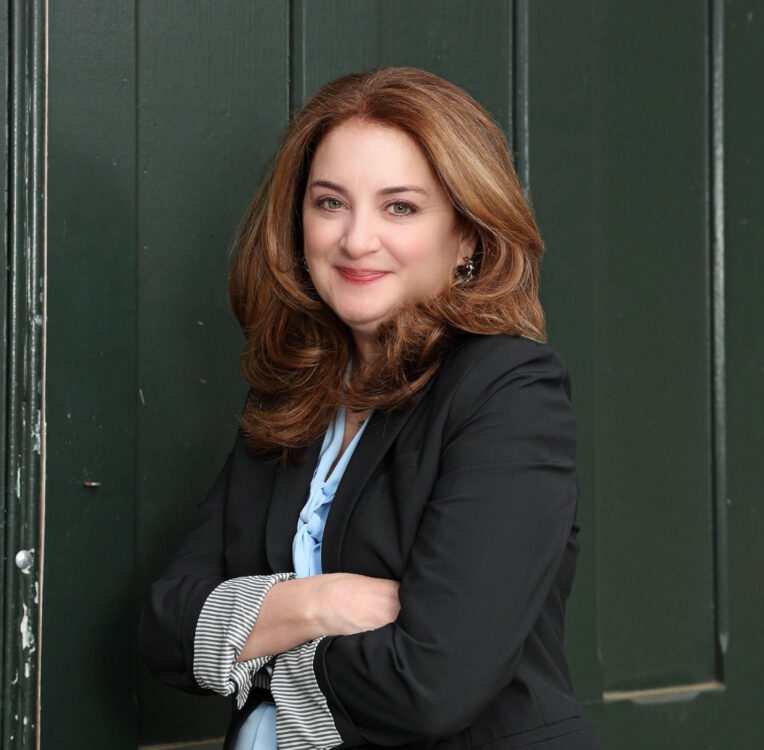
New Initial Accreditation for NJ Center for Teaching and Learning
February 21, 2024
Proposed Law Would Mandate Latino History
February 21, 2024School Board Steps Unto the DEI Breach
Paul Breda has been engaged as a school board member and leader, consultant, and statewide presenter in support of public education in New Jersey for over 20 years.
Almost daily, we seem to be losing traction on a slippery slope greased with fear – fear that children need to be protected from current realities that maybe have been hidden, or just not talked about in the past. It could be understanding the implications of race and diversity, the complexities of our history, gender identity, or even valuing the ability to self-reflect and regulate.
As school board members, do we realize that we stand in the breach of attacks on freedom of expression and thought? It seems that our teachers are feeling the brunt of these attacks.
Nearly two-thirds of public school teachers in the U.S. have decided to limit instruction on political and social issues in the face of local climates and policies addressing such discussions and teachings, according to survey findings released by RAND Corp.
However, 55% of teachers in places without such restrictions still decided to limit instruction about political and social issues. These teachers cited a lack of guidance from school or district leaders as a key reason behind their decision.
As school board members, we don’t need to be educators to assume responsibility for the overall experience of our students, educators and parents in our schools. Policy is where our teachers should be able to find the guidance that supports them in promoting reflection, the ability to discern facts from fiction, and critical thinking. School boards are responsible for policy.
My state of New Jersey is not one of those places with sweeping restrictions on how these topics are addressed. Yet, our state does require certain policies that are a reflection of law. Case in point: our board’s policy on “Opening Exercises and Ceremonies, stating,
“The Board of Education authorizes observance of Commodore John Barry Day as required by (statute) and appropriate exercises for the development of a higher spirit of patriotism on the last day of school preceding President’s Day, Decoration of Memorial Day, Columbus Day, and Veterans Day as required by (statute).”
Our board didn’t know who Commodore Barry was either – we looked it up, and he barely gets a mention in our curriculum. But we did question what it means to develop “a higher spirit of patriotism” – higher than what exactly? The specified holidays certainly cover a lot of ground – that’s 46 presidents alone in over 235 years of history. And Christopher Columbus has his own baggage. In sum, do all of their cumulative actions, decisions and policies inspire only “high patriotism”?
We looked at our history and social studies curriculum and concluded that, no, there was a good bit missing, glossed over, or mentioned in passing. This is especially problematic for consistency with other policies, in which we commit
- to procure resource materials that “provide major opposing views on controversial issues so that students may develop under guidance the practice of critical reading and thinking.”
And to helping students
- develop the ability to discern between facts and persuasive arguments by using verifiable data and relying on valid research;
- understand how society is shaped by people of various cultures and backgrounds
The ensuing conversation at the board table was the stuff that boards should be doing – deliberating, disagreeing, finding common ground, agreeing. In the end, we decided to add to our Opening Exercises and Ceremonies policy:
“For the Board of Education, the highest form of patriotism is reflected in a curriculum that is thorough, complete, and balanced – recognizing that the history of our nation and historical figures is complex, sometimes difficult and even tragic. Whereas it is our duty and stated policy as a Board of Education to foster an environment of inclusivity, cultural sensitivity, and critical thinking among our students, ensuring they are equipped with a comprehensive understanding of the past, we encourage and protect our educators in the performance of their duties to provide a balanced and historically accurate account of history and society. History that is based upon primary and contemporary sources, vetted research and other publicly available, unbiased sources will result in a balanced and comprehensive curriculum that recognizes the contributions of all cultures and peoples, while acknowledging the dark chapters of history, so as to foster a more comprehensive and empathetic understanding of the world (my emphasis).”
I’m immensely proud of our board in taking on challenging topics like this, and for the message we send our students, staff and community about the education they can expect to receive from our schools. And most importantly, our teachers are protected to teach, and our students to learn “in the face of local climates and policies” that value both patriotism and truth.




